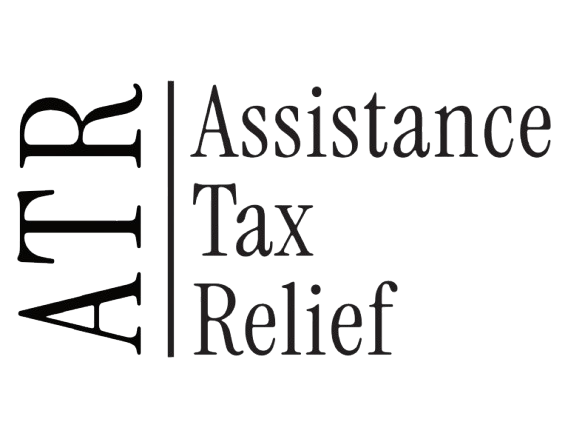IRS Taxpayer Bill of Rights
Yes, you do have rights when dealing with the IRS! Did you know about the Taxpayer Bill of Rights? Many states have their own version too. It's crucial to know your rights when working with any taxing authority. See your rights below.
1. The Right to Be Informed
You’re entitled to clear, accessible explanations of IRS laws, forms, notices, and outcomes related to your tax matters.
2. The Right to Quality Service
You deserve professional, courteous help from the IRS, understandable communication, and the ability to speak with a supervisor if needed.
3. The Right to Pay No More than the Correct Amount of Tax
You only owe what the law requires—no more. All payments should be applied accurately.
4. The Right to Challenge the IRS’s Position and Be Heard
You can object to IRS actions, provide documentation, and expect a timely, fair review—even if the IRS disagrees.
5. The Right to Appeal an IRS Decision in an Independent Forum
You can seek a fair, impartial administrative appeal and take your case to court if necessary.
6. The Right to Finality
You have the right to know the time limits for audits, collections, and appeals—and when an audit is over.
7. The Right to Privacy
IRS actions must be lawful, limited to what’s necessary, and respectful of your due process rights.
8. The Right to Confidentiality
Your tax information must be protected. Unauthorized disclosures can lead to penalties or legal action.
9. The Right to Retain Representation
You may have a representative of your choice, or get help from a Low Income Taxpayer Clinic if you qualify.
10. The Right to a Fair and Just Tax System
The IRS should consider your personal circumstances and offer support through the Taxpayer Advocate Service if issues aren't properly resolved.
